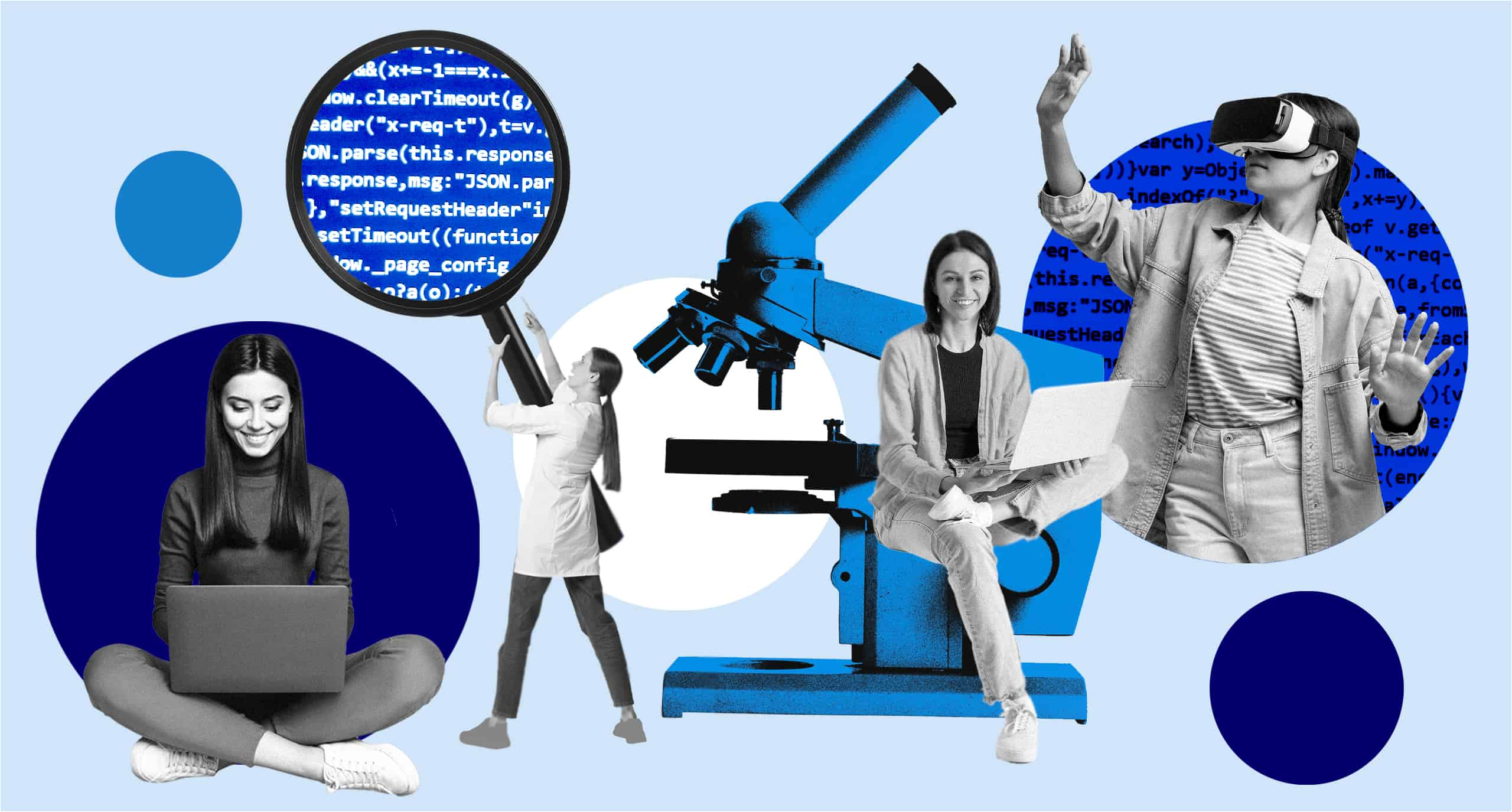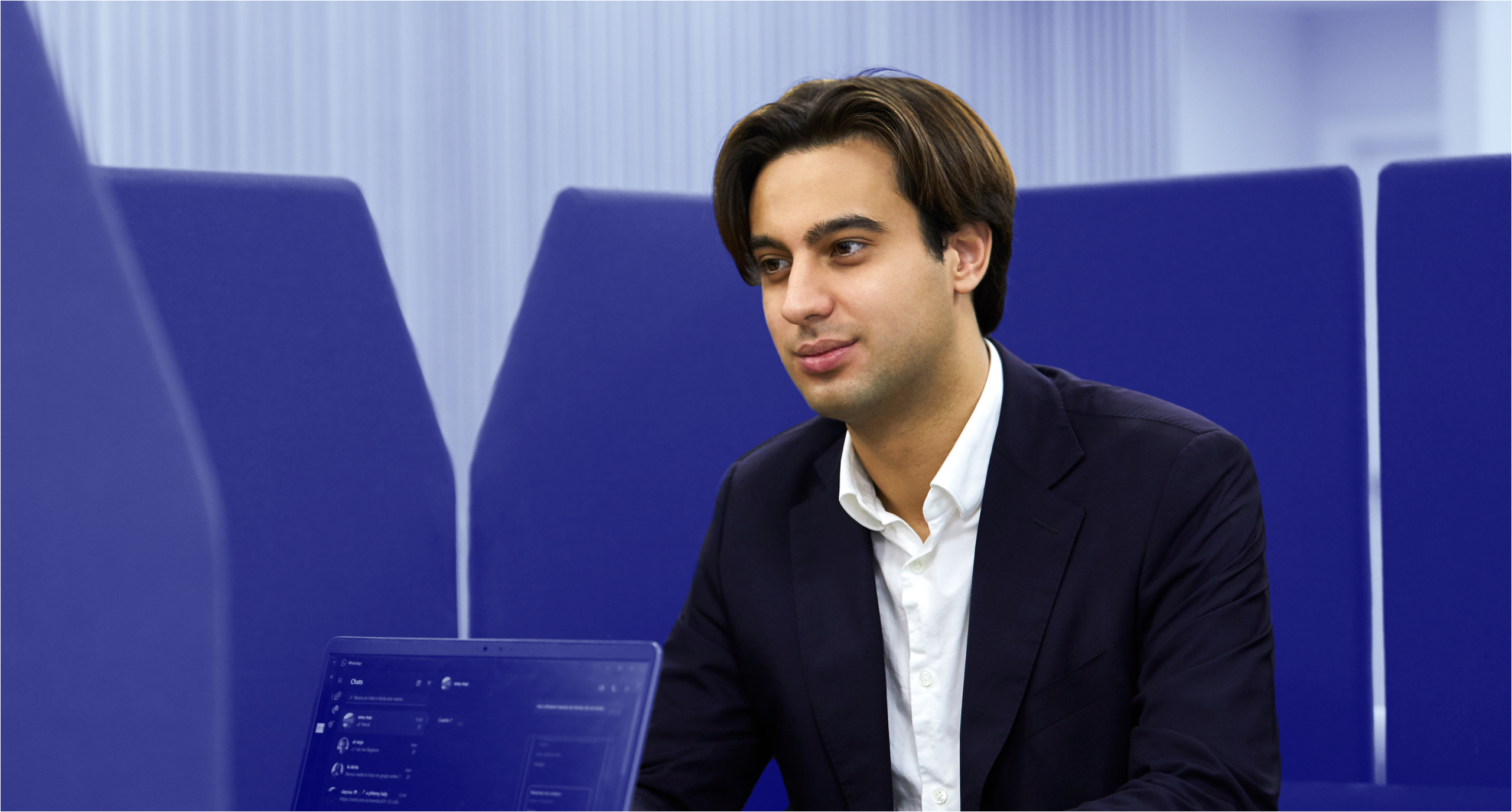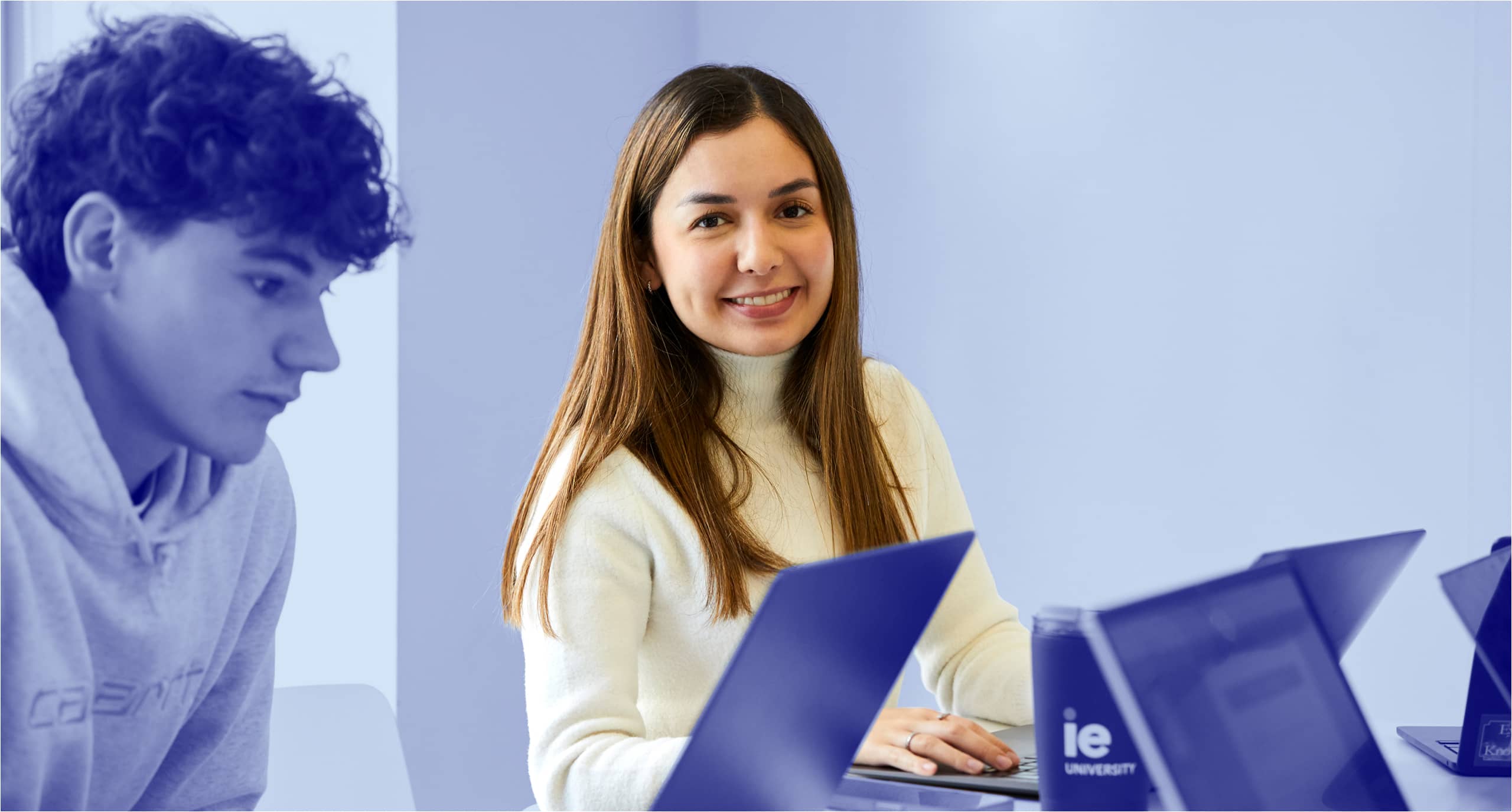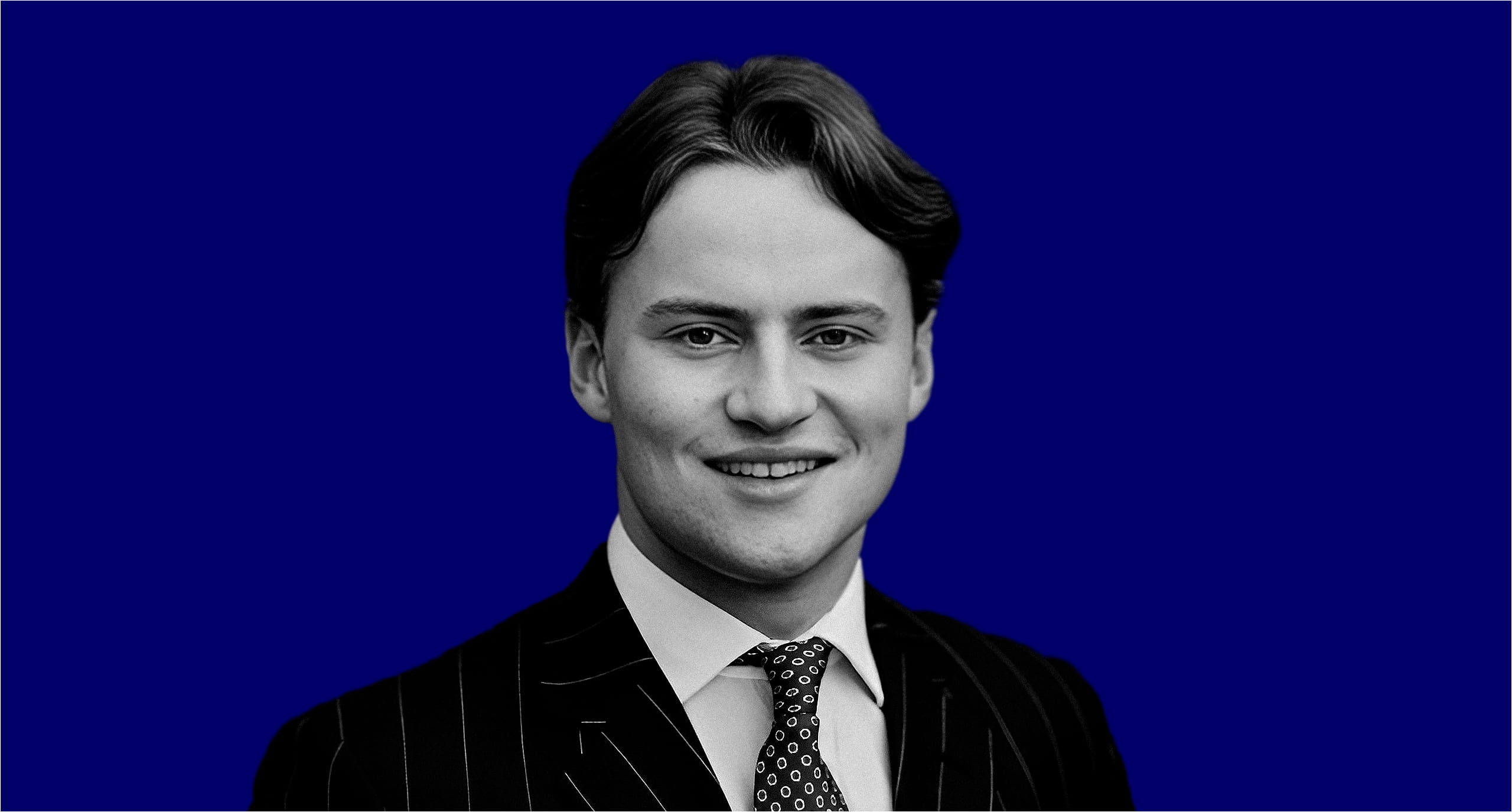12/03/2024
Lars zur Mühlen, from Germany, came to IE University motivated by a desire to gain a more academic foundation in communications. The Executive Master in Strategic Marketing & Communication was the program he needed to take his career in a new direction.
Having established his career at a pharmaceutical company, Lars zur Mühlen decided that he wanted to return to the academic world to further explore his interest in marketing and product-oriented communication. The Executive Master in Strategic Marketing & Communication at IE University was the program that ticked all the boxes when it came to building his skill set and preparing him to take his career to the next level. Taking advantage of the option to study the master’s program part-time, Lars was able to maintain his job while studying at the same time.
We sat down with Lars to hear about his experiences in the program and the direction that his career has taken since graduation.
Could you tell us about your professional background?
I’m currently working at Audi for their Global Graduate Program. It’s an 18-month program and what’s nice about it is that when you apply, you know what job you’ll be doing after the program. My target position is in the business development team within the German market. So far, I have worked for the business development team, joined Porsche Digital in Berlin for three months, and gained insights into the Audi CMO office. My next assignment will be in the United States.
Before that, I worked for five and a half years at Bayer, a pharmaceutical company. I started there in an apprenticeship program. Then, while still working for the company, I did a training program that was the equivalent of a bachelor’s degree. During my time at Bayer, I completed two assignments abroad, one in Helsinki and the other in Prague. I consider ways to work abroad as the dot that will connect everything I’ve done so far.
What prompted the change from pharma to automotive?
My time at IE University was the driving force behind my industry shift.
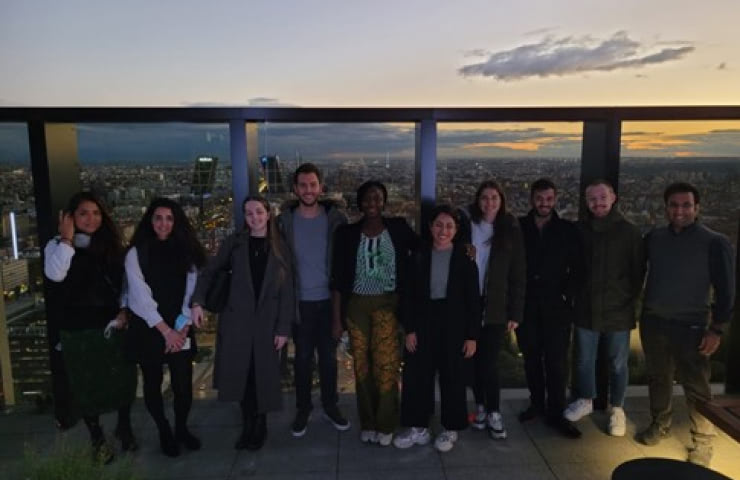
In my cohort, we had people in different roles across various organizations, from NGOs and the government to Amazon and the Real Madrid Football Club. As part of that, quite a few people were working in e-commerce and direct marketing, which I found very interesting. I had been doing mostly corporate communications in my job at the time. As it’s a pharmaceutical company, Bayer is very heavily regulated, so you can’t be as creative. I realized that switching toward marketing and product-oriented communication would be something I’m interested in. Audi has always been a very interesting brand to me, so when I saw their graduate program, I applied.
As you were studying and working at the same time, how did you manage your professional and academic responsibilities?
It was a lot, that’s for sure. But when you apply for the part-time program, you know it’s going to be a lot of work, and you kind of accept it. Also, you know it’s only for a year and a half. In the end, it’s just about being organized. You have to try to figure out early on which courses will require the most effort and when the deadlines are, and then try to squeeze it into your normal calendar. It’s a lot of work, but it’s also a lot of fun, and everyone has the same struggles. Also, in my case, I came to realize that there may be something different that could be even more interesting for my career.
What would you say is your biggest takeaway from the program?
Intercultural communication. There were people in the program from different countries and we all worked in unique ways. I came to learn that just because you do something in a certain way doesn’t mean that everyone else has to work like that. I also came to realize that diversity leads to much better and more creative projects. Learning this has been a huge benefit to me, both at Bayer and now at Audi.
How has the program contributed to your professional development?
My career has advanced since the program. While I was studying, I was given more responsibility at Bayer, and I was able to directly apply what I was learning to my work.
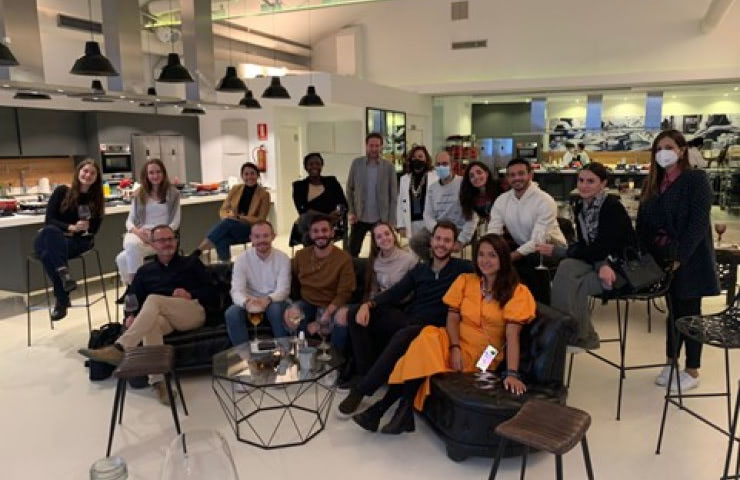
After graduating, I was hired into a new role and then made the industry shift.
Plus, I probably wouldn’t have earned a spot in the Audi graduate program without a master’s degree. Also, there’s the benefit of the network and all the people you meet. I think being one of the younger people in the course was beneficial because I learned not only from my professors but also from my peers in terms of industry insights and help with figuring out where I wanted to go.
Also, I often meet people who know about IE University, and that can create a connection and open doors.
What advice would you give to anyone considering your program?
Make use of all the different options that you have at IE University because there are so many additional things to do apart from studying.
Make the most of the connections you have, especially the professors, as they are active in their industries outside of the classroom.
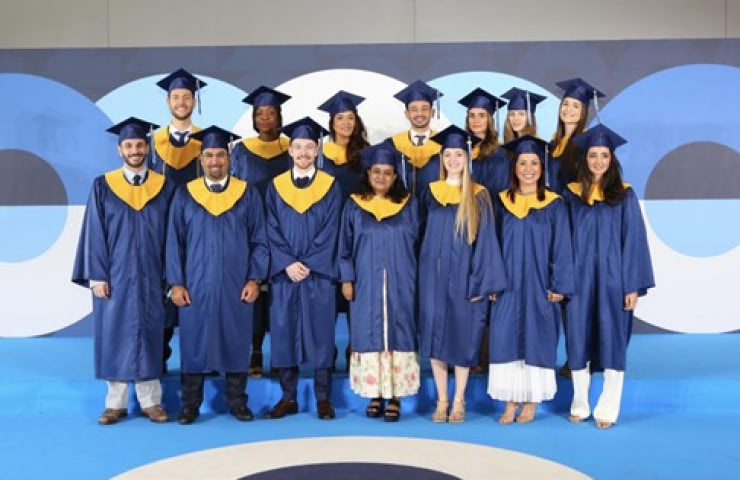
Above all, take advantage of every opportunity. It’s a tough year and a half, and it can be stressful at times, but it’s worth it, and you won’t regret it.
Lars’ experience at IE University is a perfect example of how you can implement your learnings in real time, and see an immediate impact in your work. Beyond that, you can leverage the skills that you learn in the program to continue on your current path or, like Lars, use them to take your career in a whole new direction.




